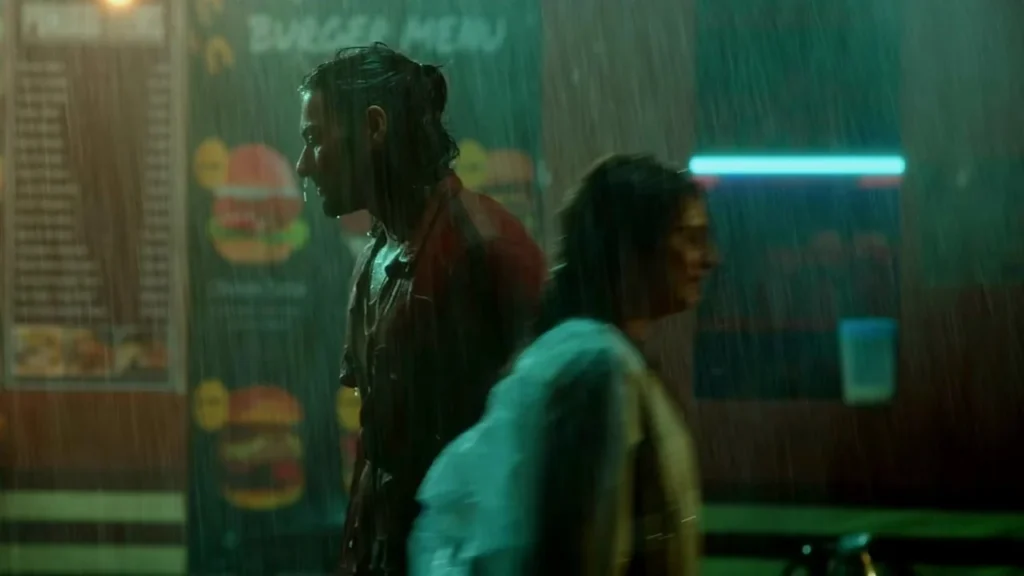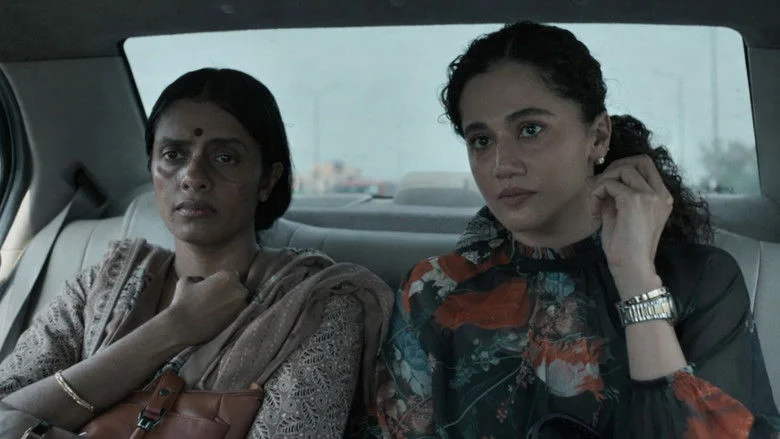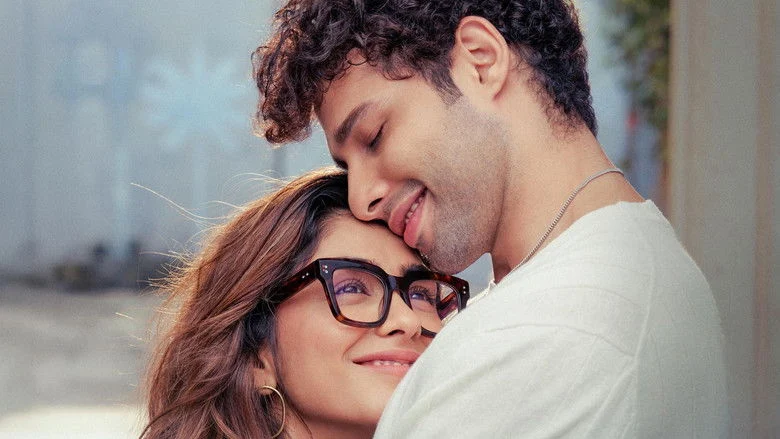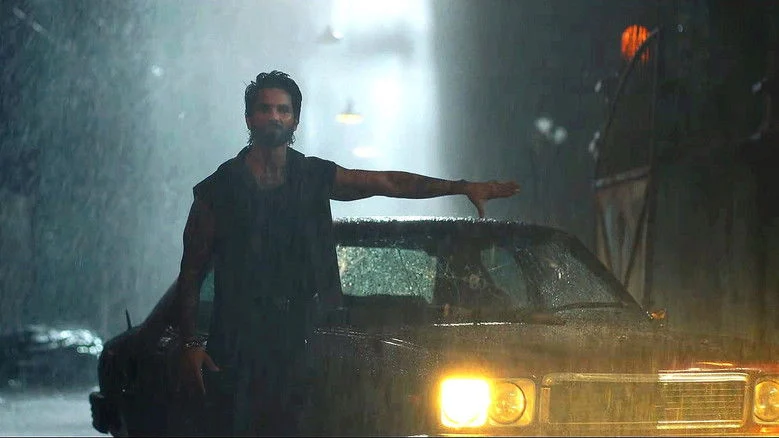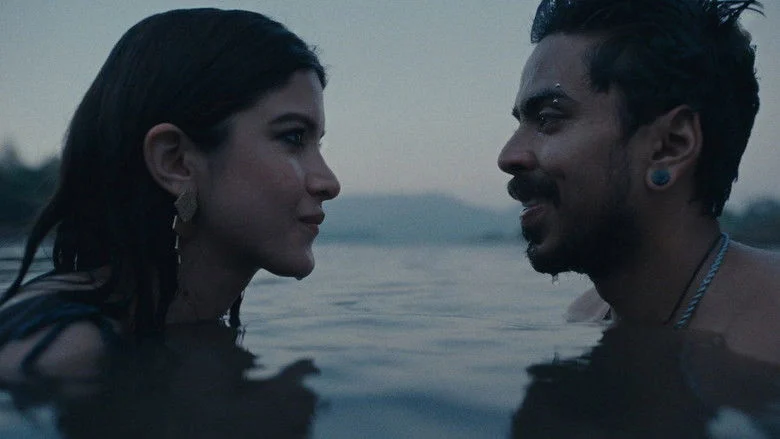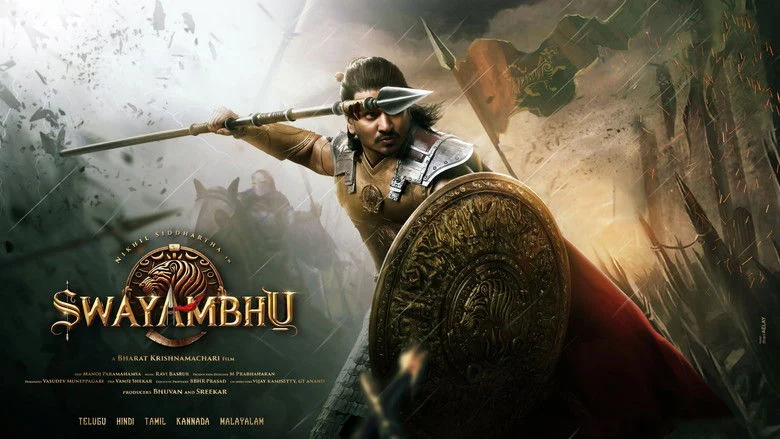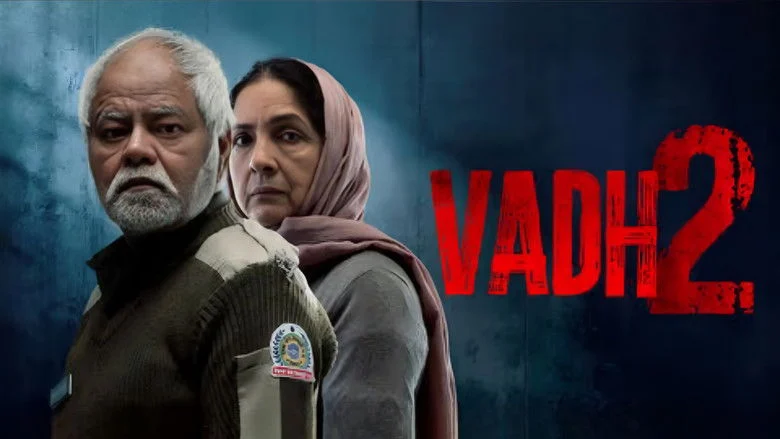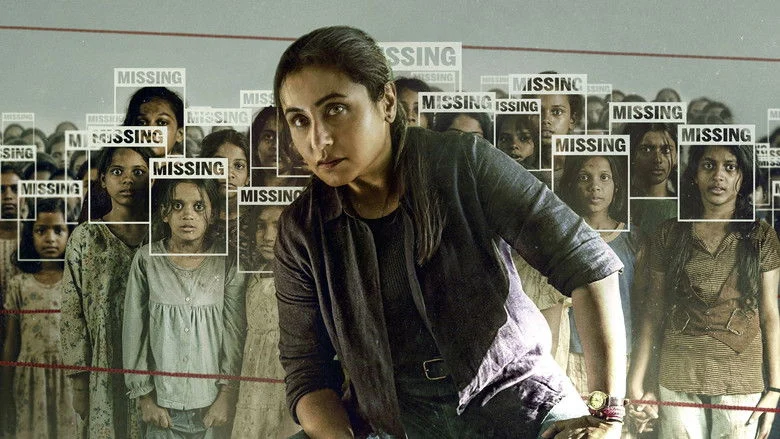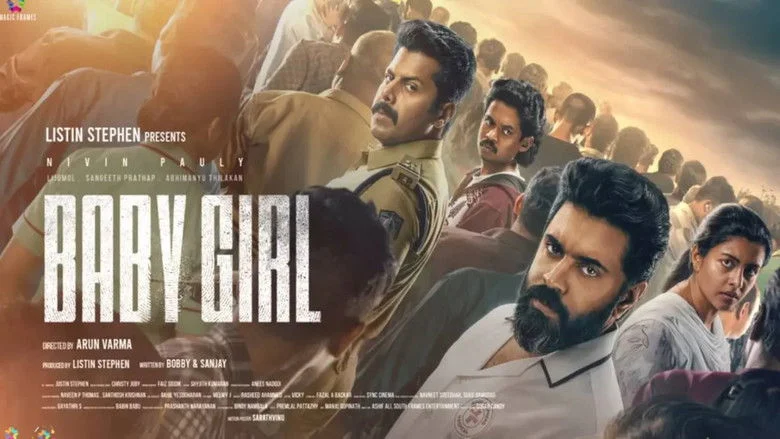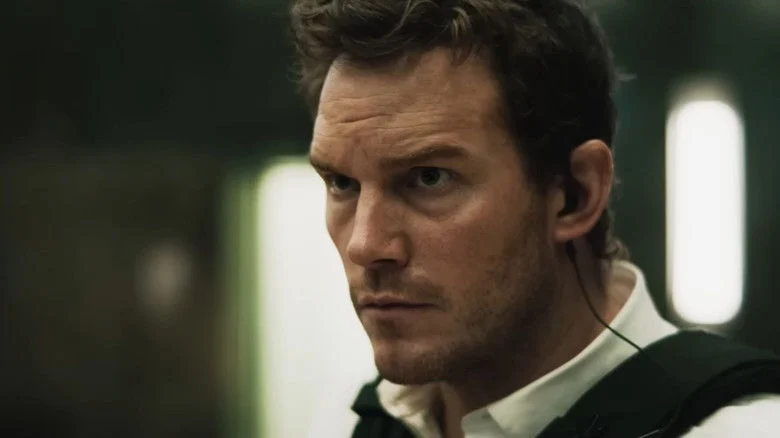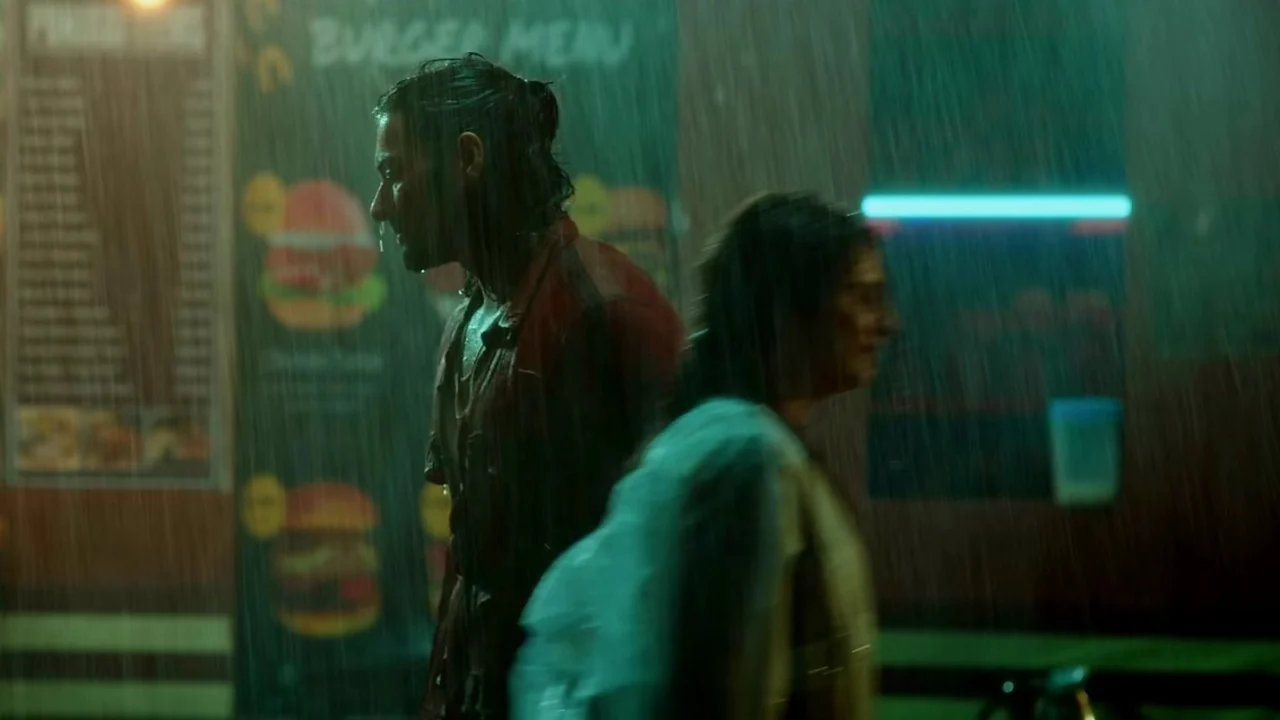
Metro… In Dino (2025): Why Basu’s Urban Love Stories Still Hit Different
Director Anurag Basu returns with Metro… In Dino, featuring Aditya Roy Kapur, Sara Ali Khan, Pankaj Tripathi, Konkona Sen Sharma, Ali Fazal, Fatima Sana Shaikh, Neena Gupta, and Anupam Kher. This drama about city relationships hit theaters on July 4, 2025.
The film reconnects with Basu’s 2007 work Life in a… Metro while charting its own path. It tells interconnected stories of couples at turning points. Pritam’s soundtrack and Basu’s distinctive visuals create something that feels both nostalgic and current for today’s viewers.

Love Stories That Feel Close to Home
Metro… In Dino tracks several couples navigating romance in chaotic city life. Each relationship unfolds at its own pace against crowded streets where genuine connection feels harder to find. The storytelling doesn’t rush but allows emotional beats to land properly.
Monty and Kajol, brought to life by Pankaj Tripathi and Konkona Sen Sharma, anchor the narrative. Two decades into marriage, they’ve lost intimacy. Their frequent disagreements ring true, and watching Monty’s misguided attempt to revive their bond through a dating app creates moments that are both funny and painful.
Sara Ali Khan’s Chumki and Aditya Roy Kapur’s Parth capture the confusion of today’s relationships. She searches restlessly for meaning while he stays calm and thoughtful. Their dynamic shows that messy space between casual and committed where many young couples exist now.
Neena Gupta and Anupam Kher portray Shivani and Parimal with the quiet understanding that comes from years together. Ali Fazal and Fatima Sana Shaikh complete this web of relationships. How these stories touch each other reflects the unexpected ways our lives intersect in packed cities.
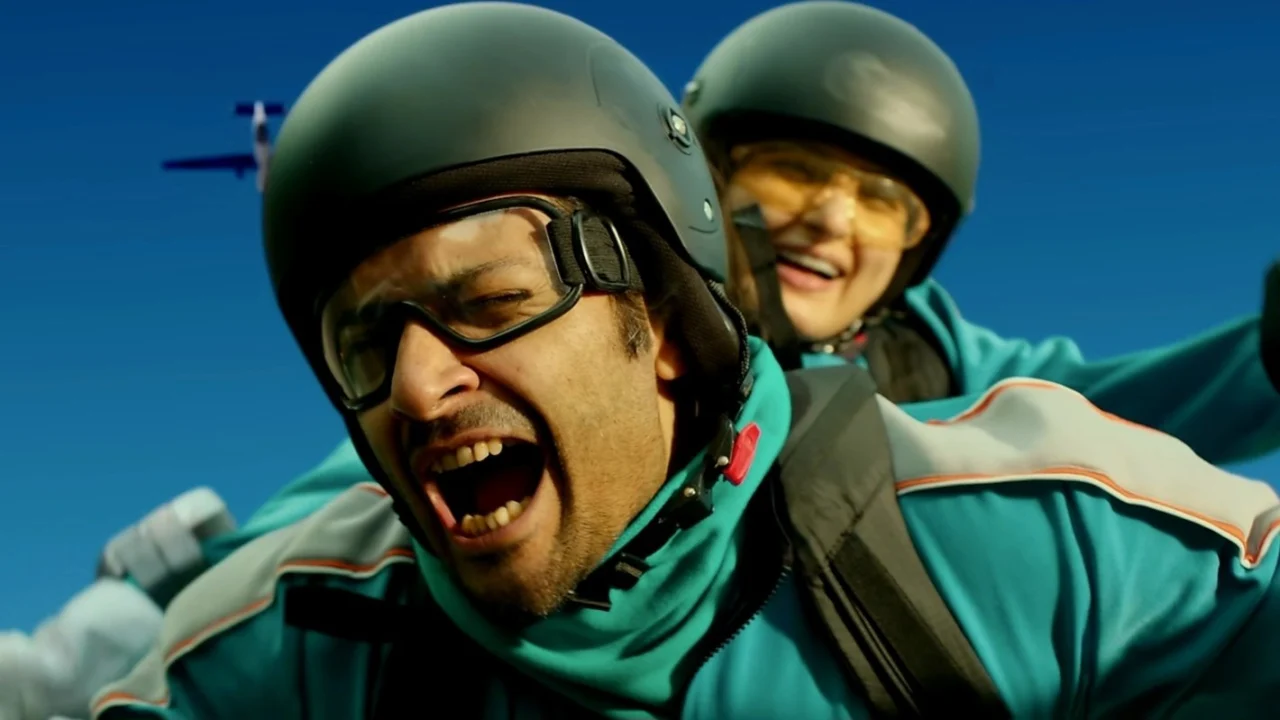
Cast Brings Depth to Complex Characters
Most actors deliver work that keeps you engaged. I was genuinely moved by Pankaj Tripathi and Konkona Sen Sharma who make their troubled marriage feel lived-in. Every uncomfortable silence and desperate gesture between them carries the weight of real frustration and fading hope.
Aditya Roy Kapur brings effortless charm to Parth without overplaying anything. His relaxed approach fits the character perfectly and makes you want him to succeed. Sara Ali Khan shows energy as Chumki but doesn’t always land the emotional depth her scenes need.
Veterans Neena Gupta and Anupam Kher demonstrate their craft with minimal effort. A single glance between them can convey decades of shared history. They understand subtlety in ways that create powerful moments without dramatic dialogue or big gestures.
Ali Fazal and Fatima Sana Shaikh handle their parts adequately, though something feels stiff when their scenes demand raw emotion. The cast chemistry generally works, building relationships on screen that feel genuine enough to keep your attention through most scenes.
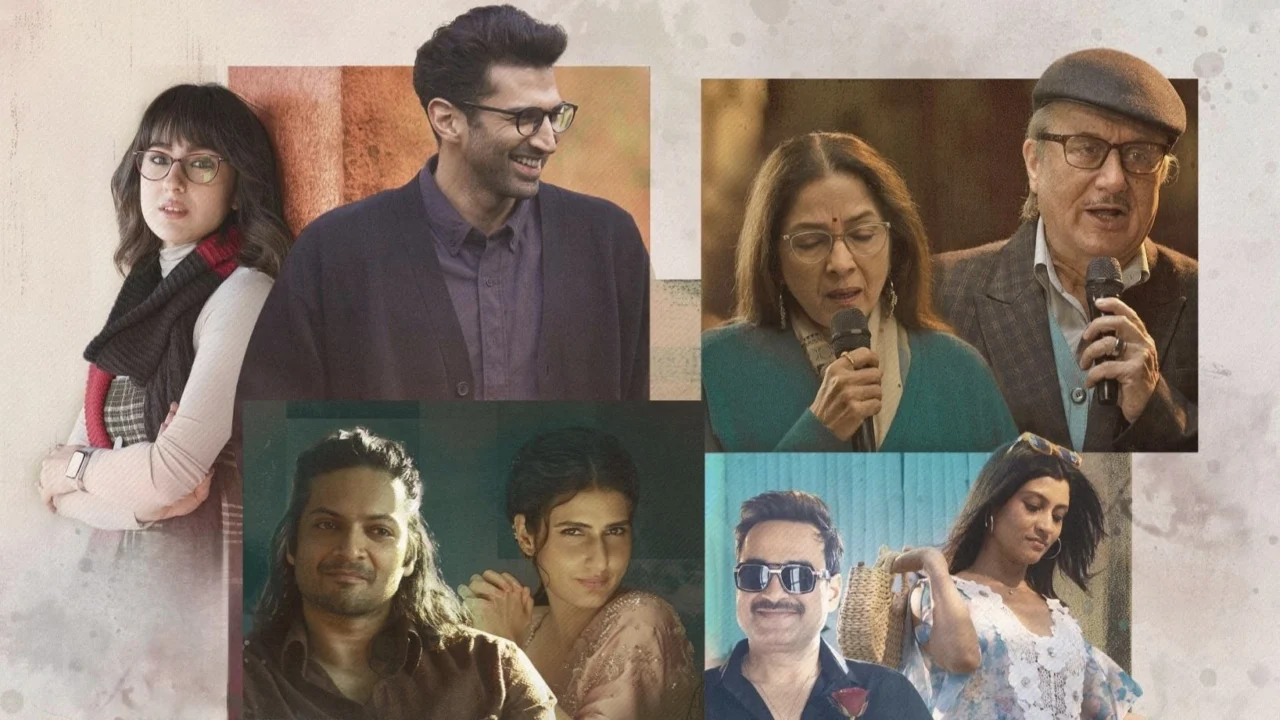
Strengths That Pull You In
Basu handles multiple storylines with skill, keeping each one distinct through smart visual choices. Different color schemes for different couples help you track who’s who. The camera flows between narratives smoothly, making switches feel organic rather than forced.
Pritam’s compositions lift emotional moments without drowning them out. Songs emerge naturally from the story instead of feeling shoehorned in. They capture the specific melancholy and hope of urban romance in ways that stick with you after the credits roll.
The film gives characters room to develop, which paid off for me. The first half particularly clicks, drawing you into these lives gradually. It treats relationships as ongoing journeys rather than neat problems with clear solutions, which feels more honest than typical romance films.
Putting different relationship stages side by side – from fresh attraction to long marriages – adds unusual richness. Most films stick to one phase of love, but this spans the spectrum. That range keeps things fresh and gives different viewers something to connect with personally.
Problems That Hold It Back
The second half loses its grip with uneven pacing. Some storylines suddenly accelerate toward endings while others meander aimlessly. The structure that seemed clever early on becomes a weight when certain threads don’t resolve satisfyingly or feel abandoned halfway through.
Switching tones between stories doesn’t always work smoothly. You’ll go from light moments about modern dating straight into heavy scenes about marriage falling apart. These shifts sometimes jar you out of the emotional space the film carefully built in previous scenes.
Some couples get much deeper exploration than others. Certain relationships have rich histories and clear motivations while others stay surface-level. This uneven focus makes you invest more in specific stories and feel detached from others, weakening the overall impact of interconnection.
The film runs longer than necessary. Several middle stretches linger on scenes that don’t add new insights about characters or advance relationships meaningfully. Sharper editing would have maintained better momentum and prevented the emotional intensity from dipping noticeably in places.
Critical Response Across Platforms
Rotten Tomatoes registered 69% favorable reviews from critics with 6.1/10 as the average score. IMDb audiences rated it 6.7/10, showing decent appreciation. These figures point to generally positive reception without reaching unanimous praise territory.
Bollywood Hungama awarded 4.0/5 stars, describing it as fresh and musical. Times of India and Firstpost both gave 3.5/5 stars, highlighting strong ensemble work while noting structural struggles. Most reviewers agreed the cast performances carried the film through its weaker moments.
Hindustan Times praised Sara Ali Khan as a standout, though this view wasn’t universal among critics. India TV called it a gentle look at modern relationships, valuing its patient approach to examining feelings instead of racing through plot developments.
High On Films found it frustrating at times but recognized Basu’s ambition in moving from his familiar Mumbai setting to Bangalore. Critics universally praised the music, noting how well songs blended into storytelling rather than interrupting narrative flow awkwardly.
Viewer Reactions and Discussion
Audiences responded to the authentic relationship struggles portrayed on screen. Many found their own challenges reflected in these characters, particularly the difficulty of staying connected amid hectic city routines. That truthfulness struck a chord with people living similar lives.
Pritam’s soundtrack sparked considerable discussion with viewers highlighting how songs amplified emotional beats. The combination of heartfelt melodies with contemporary romance themes felt right. People kept humming tracks days after watching, showing the music’s lasting appeal.
Online conversations showed appreciation for including various age groups in relationship stories. Watching both younger and older couples handle their distinct challenges felt refreshing. This broad representation helped the film connect with audiences beyond typical romance movie demographics.
Some viewers shared concerns about pacing problems in the latter portions and jarring tonal switches. Most felt the authentic performances and emotional honesty balanced out the structural weaknesses though. The film’s readiness to show uncomfortable relationship realities earned respect even from those who struggled with certain aspects.
My Take on the Film
Metro… In Dino delivers a thoughtful examination of contemporary love despite having rough edges. Basu crafts an emotionally engaging experience powered by strong acting and memorable music. The uneven pacing and tonal wobbles prevent it from reaching its full potential, but the honest relationship exploration makes it worth your time.
I connected with several scenes, especially watching Tripathi and Sharma navigate their crumbling marriage. The film asks us to pause and truly experience feelings even when modern life demands constant motion. It’s flawed, but it’s real about how complicated love gets.
Rating: 3.5/5

